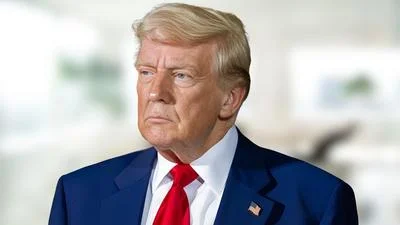Five years into the war, I think we can draw a few general conclusions.
Without leverage on the Assad regime, we have little ability to influence a diplomatic solution to the war.
The longer this war goes on, the more complicated it gets and the more people suffer.
Today, we are at a meeting in the latest round of peace talks in Vienna.
I talked to Dr. [Riyad] Hijab, a leader of the opposition, in April, and I understand why they withdrew from the talks. As violence picked up, humanitarian aid was stopped, and civilians were targeted; so they almost had no choice, and we supported him in that.
I would be interested to hear your thoughts on what could bring the opposition back to the table at this point.
And more importantly, I would like to hear your expectations for the talks.
At a time when civilians continue to be targeted, aid convoys continue to be stopped, and in some areas elements of the opposition are acting against their own interest, I am not sure exactly what can come out of Vienna, but we look forward to hearing your thoughts in that regard.
I know Secretary [of State John] Kerry has repeatedly mentioned a “Plan B." I’ve never sensed that was realistic. It seems to me very rhetorical. I don’t even know now if it’s even aiding in getting to an end.
I would also appreciate your thoughts on some of the longer-term ramifications of this war.
Issues like the refugee crisis, a generation without education, an independent Kurdish region and the threat to Turkey will have impact for generations to come.
Finally, we spend a lot of time talking about Syria and not enough time listening to what Syrians are saying.
Without objection, Mr. Ranking Member, I would like to insert two documents into the record: The first is a report on chemical attacks from the Syrian American Medical Society, and the second is a letter from 150 Syrians working to provide governance in Syria. Without objection, I’ll enter those into the record.
With that, again, I want to thank you all for being here, and I look forward to comments from our distinguished ranking member.





